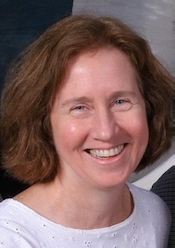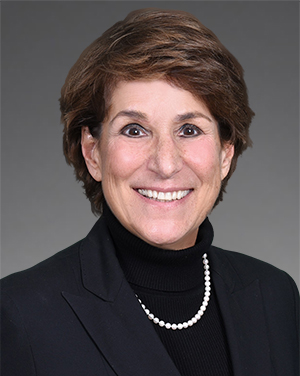About the Instructors
 Martha Tate, PhD
Martha Tate, PhD
Tate Science, LLC
Martha Tate, PhD is a consultant for Tate Science, LLC. and has 30 years of experience in cosmetics claims, and skin and hair research. Martha represented the US Society of Cosmetic Chemists (SCC) on the Executive Committee of the Praesidium of the International Federation of Societies of Cosmetic Chemists. During Martha’s two terms on the SCC’s Committee on Scientific Affairs, she served as Chair of that committee. She also served as Associate Editor of the Journal of Cosmetic Science. She is active on the Board of Directors of the International Society of Biophysics and Skin Imaging (ISBS).
At Kimberly-Clark Corporation, Martha’s research supported claims for a wide variety of products (infant diapered skin, adult care, elder skin, feminine care, work wear, facial and bath tissue). She was Manager of Claims Substantiation for skin and hair care products at L’Oréal. She is known for hair research done while a scientist at TRI/Princeton. Her education includes a Ph.D. in Textile Science from the University of Wisconsin-Madison, M.S. from the University of Georgia, and B.S. from Mercer University. She had a postdoctoral fellowship in ethnic hair at Textile Research Institute at Princeton University.
 Ronie M. Schmelz
Ronie M. Schmelz
K&L Gates
Ronie Schmelz is a partner in the Los Angeles office of K&L Gates, an international law firm. Ronie spent the first part of her career at an international law firm defending clients in complex litigation, including consumer class actions. She now spends a significant amount of her time counseling clients on litigation-avoidance strategies designed to reduce the risk of regulatory oversight and competitor and consumer challenges. These strategies include implementing best practices for complying with regulations and standards enforced by the Food and Drug Administration (FDA), Federal Trade Commission (FTC), other Federal and State regulatory agencies, as well as the National Advertising Division (NAD), and ways to reduce exposure to consumer class actions. Ronie advises clients on a myriad of issues –including contract and intellectual property matters, privacy, automatic renewal and loyalty programs, implementation of recall procedures, Prop 65, responding to FDA Warning Letters, Notices of Action, and MedWatch Adverse Event Reports – and she continues to defend clients in nationwide consumer class actions and complex commercial litigation matters.
Ronie has deep industry knowledge and extensive experience advising clients in the consumer product industry, particularly those that manufacture cosmetics, skin and hair care products, dietary supplements, and household goods. Ronie counsels companies on compliance with the Federal Packaging and Labeling Act, California Proposition 65, and other Federal and State consumer protection, advertising, and unfair business practices laws. A leader in the cosmetics industry, serves on the Boards of Directors for the Independent Beauty Association (IBA) and Beauty Industry West (BIW). She has been a featured speaker at numerous industry conferences, including Cosmoprof North America and Bologna, IBA, BIW, Beauty Connect, MakeUp LA, and California and New York Society of Cosmetic Chemists Suppliers' Day conferences. Ronie also co-taught a course on Advertising Law at Loyola Marymount University Law School and has lectured at UCLA Extension and the Fashion Institute of Design & Management (FIDM). Ronie also provides added value to client relationships by conducting educational in-house regulatory training sessions.